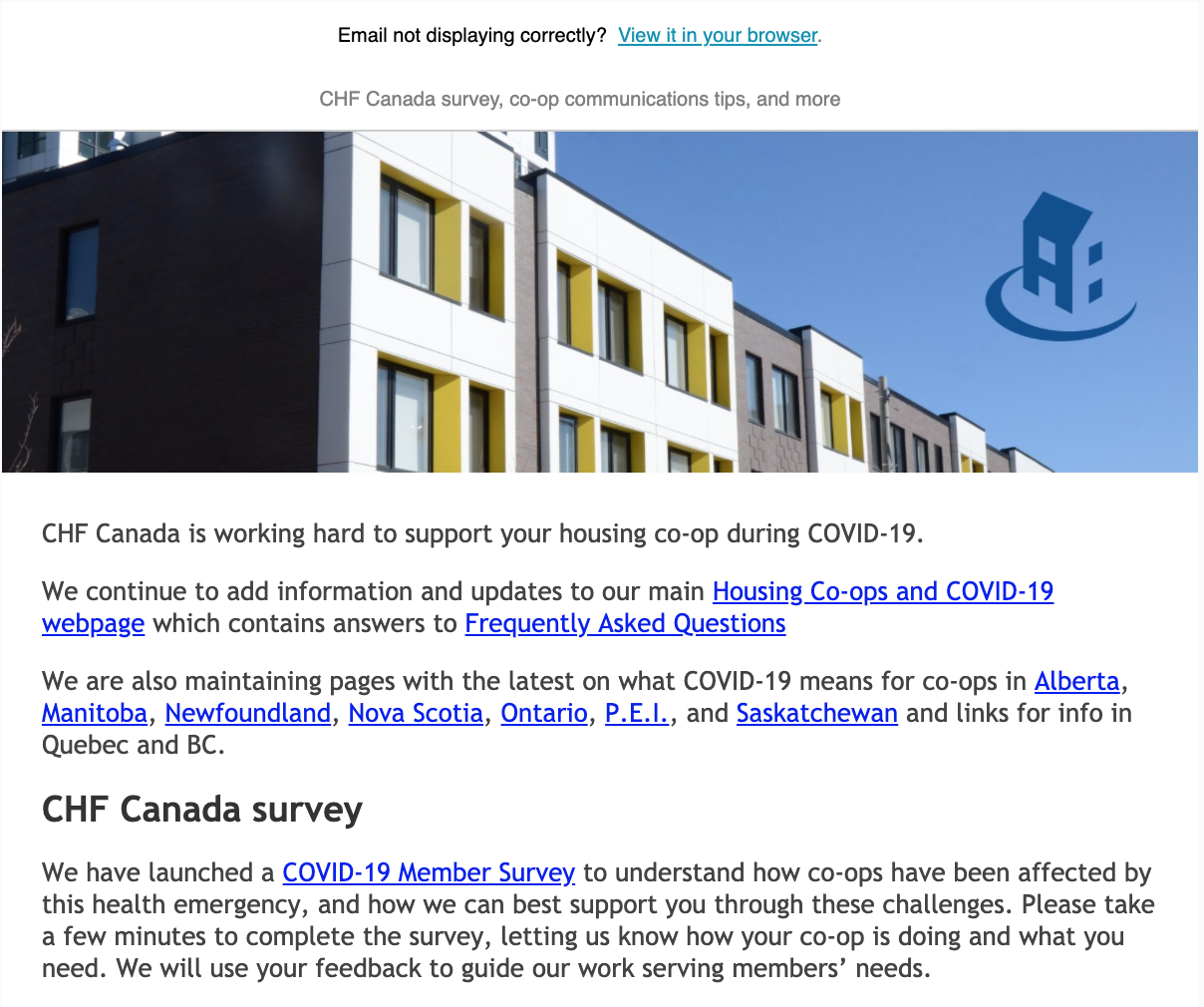Submitted by Brenda Willman
We have good documents that govern our practices. The documents that deal with day to day details have been carefully presented, debated, written and re-written several times by the members! I concede that some of the Policies have perhaps been voted on at AGMs since the last full and comprehensive review of the Member Handbook, but I honestly don’t think much has changed, except with regard to the hiring of the Office Coordinator/manager, and that changed Buildings Policies (and were they all voted on and documented? Probably not and that is our collective error – no one to point fingers at but ourselves).
However, have members and boards continued to act as they see fit, provided ‘everyone’ is in agreement (that everyone being an interesting idea, since we really have to consider the entire membership and their wishes when changing how things are done)? Most definitely yes, and that was mentioned several times during the June 7th meeting.
There is so much to cover that I don’t know where to start
Think on some of the ways people can live together.
You can live in your own home and be subject to the regulations of the Village/Town/City in which your land is located, along with the requirements of your bank, along with the requirements of your co-habitants, if any. Who will pick up the garbage (in and out) who will provide safe drinking water, who will ensure that the lender (if one was involved) gets their money back? – which is equally to be considered.
You can live in a condo and be subject to the same as above, with the exception that some services will be provided by the condo-collective.
You can live in a housing cooperative and be subject to the same as above, with variations from condo agreements.
You can live on a commune (maybe as a Hutterite or as a member of Bountiful or Jonestown) and be subject to some of the same as above, likely with some privileges that come with being a religious organization (and such is usually the case). And maybe be with some detriments that come with living under the same (see Jonestown).
In all examples, there are agreements/Acts/regulations in place to protect landowners, big and small. Even communes exist in the country/municipality where they gather. Most of the legislation/regulation will ensure safety in the biggest sense of the word, i.e. safe drinking water, sewage collection, garbage collection, possibly schooling, etc. You might not get that on a commune.
Now narrow down your scope to the choice you have made. You decided to live in a Housing Cooperative and sign a Shareholders’ Agreement permitting/affirming/confirming your membership. You signed a business agreement as well as ‘signing-on’ to a more homey/touchy-feely tacit agreement to cooperatively live with other Shareholders in a hopefully mutually satisfactory and friendly environment. As such you have several documents protecting you as an individual, but (and what seems to be the missing link in so many differences and confrontations) these documents are also protecting you as a member at large who is paying rent and paying a mortgage and insurance, etc. for an entire housing complex comprised of 66 units built on rented land. You don’t own a unit. You own a mortgage and you have agreed to pay a land lease. To repeat - what comes with the mortgage and land lease is a housing complex of 66 units, one of which you may live in.
Here are our governing documents and what they mean to us.
MORTGAGE – we have borrowed money. We have to pay it back. We borrowed it to build the premises/buildings. Then we re-mortgaged everything again when we “got out of” the CMHC agreement. There may or may not be considerations for how we maintain the buildings under the terms of the current mortgage agreement – there probably are (there were requirements under the CMHC agreement but that is no longer in play and I have not read our mortgage agreement, and have never been provided a summary of same). Additionally and previously there were stipulations under the CMHC agreement on how much money a person could make upon move-in, how many subsidies should be provided and how much ($$) the subsidy should be – all stated in the $$ of the year of the agreement. This was revised throughout the years to keep up with inflation. I don’t know what, if any, stipulations in our mortgage govern our subsidy system any longer, and it shouldn’t matter because we do have a policy in place for that, and it was heavily discussed for months before finally accepted and it has stood the test of time, and has even served as an example for other coops leaving the loving arms of CMHC subsidies.
LAND LEASE – we live on rented land. The Landlord has rights. We don’t like some of them. We want our lease extended or to purchase the land. The Landlord has the right to say no, or say “yes but only if you do such and such”. Add in the extra complication that we want the land for non-profit housing purposes and you add on a layer of complexity(ies) that have been carefully considered by City Councilors that you and I have elected. For example, we must have accessible units if we want to stay on the land (which we all have agreed is a commendable goal and something we would like to strive for – but actualizing that goal is causing great distress amongst the members and introducing a huge financial load onto a tiny community). The land lease is also the source of the “right of ways” that were proffered by the City and sometimes lead us to a misunderstanding about what we can do where on our little patch of land – because some of “our” little patch is not really ours…the City just let us build a fence or garage there, but reserve the right to govern what happens on that land…that may be over-simplifying but it serves the purpose of Coles notes.
THE COOPERATIVES ACT and REGULATIONS– this is provincial legislation. I mention it all the time. If anyone has read it, they will come to understand that the reason I cite it constantly is to draw peoples’ attention to it. It is NOT a weapon. In fact, it covers the business end of things – and THAT is why I encourage people to read it. It does not limit our daily activities to any great extent, and so both Board members and members at large would do best to understand it and understand what DOES dictate our daily activities. Merely taking a look at the table of contents alone sheds light on what the Act provides for (and again) not only individuals belonging to a coop (and more specifically there is a section just for housing co-ops) but also for members belonging to a coop (ditto). Shareholders need protection from being evicted without due cause, but also need protection from having a crack house being set up on our collective property – which means we need legal ways in which to terminate that crack housee’s membership. Below this paragraph is a screen shot of the Table of Contents of the Act and of the Regulations (it’s the smaller list). Also is a screen shot of the TOC – expanded – for Part 18, where there is a special section for Housing Cooperatives. One can see that it is all business, but when expanded one can also see that it gets down to some details, especially regarding how Directors are elected, what their roles and duties are (including fiduciary), when we must meet, when we can meet other than when we must, how meetings are to be called, how many days notice, etc. all that business stuff which is predetermined by way of the Act and which we are obliged to follow. It tells us we must have Articles of Incorporation (special considerations for Housing Coops are under Part 18 392(1)) and it tells us we must have a Shareholders’ Agreement. It tells us what ByLaws we must have as a coop in general – see Part I Division 2 and it tells us what ByLaws we must have a Housing Coop in particular see Part 18 392(2)










